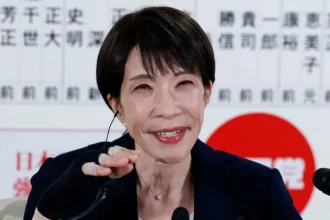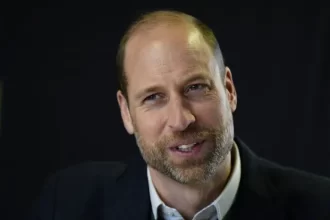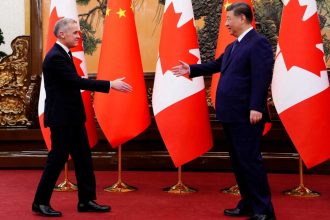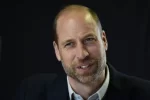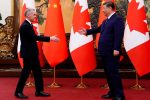In the heart of Europe, the French Republic finds itself teetering on the edge of political uncertainty, as President Emmanuel Macron confronts the deepest crisis of his leadership. With the resignation of his seventh prime minister, Sébastien Lecornu, Macron now faces growing calls—even from former allies—to step down for the sake of the nation.
This crisis, which has steadily intensified over the past year, reached a boiling point on Monday. Macron, who has held the presidency since 2017, gave Lecornu a final deadline—Wednesday evening—to broker a sustainable coalition government. But with France’s parliament hung and deeply divided, hopes for a quick resolution are dim.
In an attempt to regain control, Macron held discreet meetings with the speakers of both parliamentary houses. While the agenda was not publicly disclosed, such consultations are typically precursors to dissolving parliament and calling snap legislative elections—a high-stakes gamble with no guaranteed outcome.
A Nation Growing Weary
The repeated changes in leadership—three prime ministers in just one year—have triggered frustration across the political spectrum. Outgoing government spokesperson Aurore Bergé insisted Macron would serve out his full term until 2027, but former Prime Minister Edouard Philippe dropped a political bombshell, urging early presidential elections after the national budget is passed.
Philippe, now a candidate for the presidency, labeled the current power struggle “a distressing political game” and urged Macron to exit “in an orderly and dignified manner.”
Meanwhile, Macron’s isolation at home couldn’t be more glaring. Footage of him walking alone along the banks of the Seine, deep in conversation over the phone, has come to symbolize a presidency disconnected from its people—grappling for clarity while the nation waits.
Fragile Ground
Lecornu attempted last-minute talks with party leaders to form a workable coalition. There’s even growing momentum to suspend the widely unpopular 2023 pension reforms, but such concessions may not be enough to unify a fractured assembly—especially with France’s public debt at record highs.
The far-right National Rally, led by Marine Le Pen and rising star Jordan Bardella, refused to participate in negotiations. Their party dismissed the meetings as efforts to “protect the president’s interests, not the people’s.”
Even the Socialist Party, while agreeing to talks, argued the next prime minister must be drawn from the left, setting the stage for more ideological gridlock.
What Lies Ahead?
At the core of this political storm lies a single question: Can Macron still lead a country that no longer follows?
With Marine Le Pen’s future clouded by legal issues, and the far-right sensing its best shot at power in decades, France’s next chapter remains uncertain. What is clear is that Macron is running out of allies, time, and political capital.
In a time when unity and vision are crucial, the people of France are watching—and waiting—for leadership that puts nation before politics.



